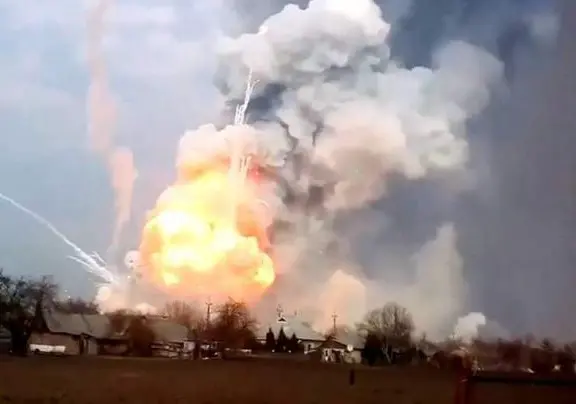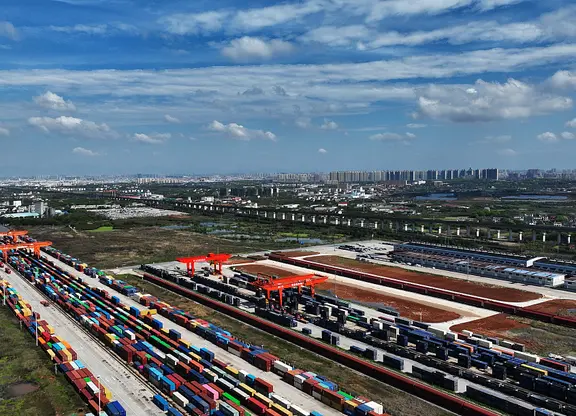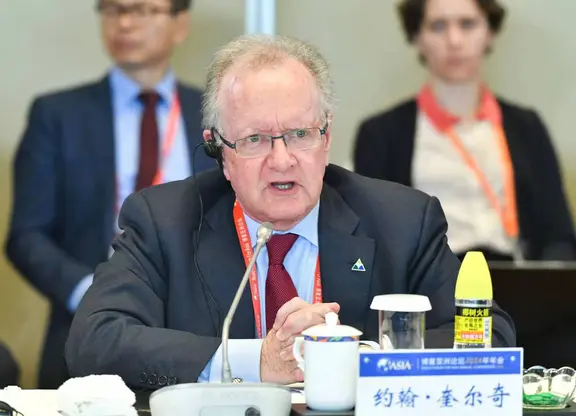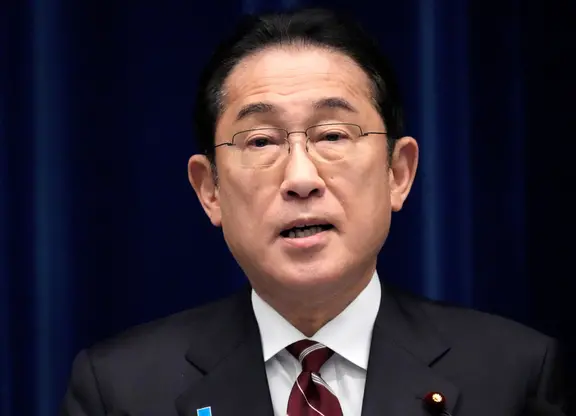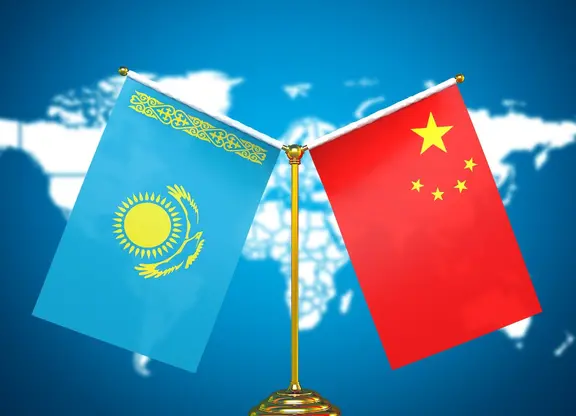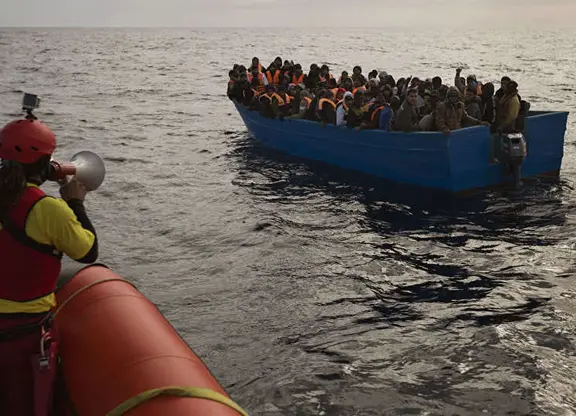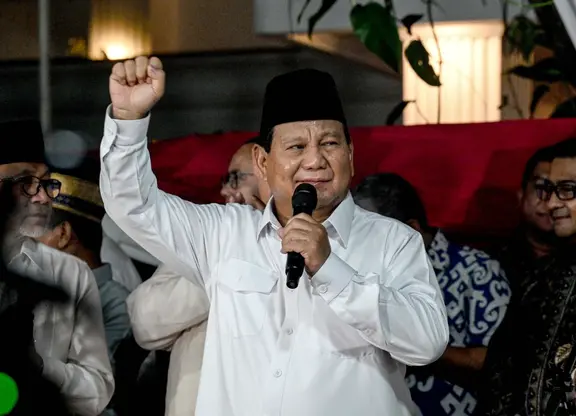Russia's ban on agricultural products and food imports from the EU and other Western countries will encourage Lithuanian businesses to expand in new foreign markets, economists and officials suggest.
"In general, I could mention the Arab world and Asian countries, " the minister of Foreign Affairs of Lithuania Linas Linkevicius said in an interview with the local radio station on Thursday without specifying the countries.
Lithuania's economic representation through diplomatic missions will be enhanced as much as possible, according to Linkevicius.
"There are many directions (for exports) and, let's hope, these measures will help to absorb those effects that, we can't deny, exist, but in no case I think there is any ground for panic," Linkevicius said.
He also called for common solutions within the EU together with World Trade Organization.
Algirdas Butkevicius, Lithuania's Prime Minister, suggested that current situation will not be short-lived and promised governmental assistance to the companies in search of alternative export markets.
Butkevicius was meeting representatives of state institutions and business organizations on Wednesday.
"It is necessary to enhance and speed up the search of alternative markets," Butkevicius said.
According to him, officials are planning visits to various countries and they would invite business people to join the missions.
Intervention purchases of surplus production are among possible measures revealed by the government this week.
Butkevicius promised that the government will approve an action plan next week on diminishing the losses due to Russia's agriculture and food embargo.
According to estimates by analysts and institutions, 0.2 to 1 percent of Lithuanian GDP this year might be cut off due to Russia' s sanctions. Lithuanian Finance Ministry expects 0.2 to 0.3 percent direct negative effect on GDP.
"Growth might be also slowed down by slumping confidence which would hurt investments and consumption," said Nerijus Maciulis, chief economist of Swedbank in Lithuania, in his commentary earlier this week.
"But there is no ground for discussions about recession (in Lithuania), at least while the list of tit-for-tat sanctions is not expanded," he insisted.
Moscow on Aug. 7 imposed restrictions, for one year, on meat, vegetable and fruit, milk and milk product imports from the EU, the United States and some other Western countries.
It is widely believed that Lithuania, together with neighboring Poland, is one of the countries to be most affected by Russian food imports ban. The Baltic country's raw meat and dairy sectors are expected to suffer the biggest losses.
A few Lithuanian milk producers revealed through Nasdaq OMX Vilnius exchange market that their current share of exports to Russia varies from 10 to 35 percent, local business news website vz.lt reported on Thursday.
Dairy companies don't expect direct assistance from the government, Dalius Trumpa, chairman of the board of joint stock company Rokiskio Suris, emphasized in the meeting with Prime Minister.
"Dairy companies don't require assistance. Support for farmers is a more simple way, by buying milk that they produce," Trumpa said.
He also noted that companies are always looking for new markets, but they can't be found quickly.
Lithuania's largest retail chains this week started to sell surplus local milk products that were produced for Russian market. Some of them are marked with Russian labels and might be 20 to 30 percent less expensive than usual, thus encouraging customers to buy more local products, spokespersons of retail companies were quoted by local media.
Lithuania?s exports of farm and food products to Russia fell by nearly 6 percent in the first half of this year to 2.353 billion litas (about 941 million U.S. dollars), from 2.504 billion litas in the same period last year, according to data from Statistics Lithuania.
Russia-bound exports of foods of Lithuanian origin, which accounted for 22 percent of total food exports, decreased by an annual 14.2 percent to 602.6 million litas. (1 U.S. dollar = 2.5 Litas)
 简体中文
简体中文



